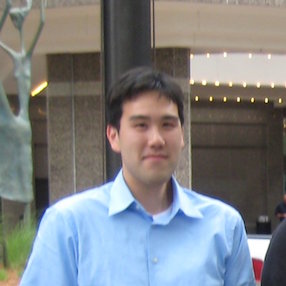
Candidate for: Assistant Professor Intersection of Life Sciences and Electrical Engineering and Computer Science
Title: Building "living" materials and devices at the biological interface.
Abstract:
Despite active research, modern biosensors have lagged behind the hardware systems that read their data. Information captured by such devices is largely binary and predominantly physical. One key reason for this is that in contrast to our engineered systems, biological systems are soft, adaptable, physically malleable, and utilize the interplay of nearly all energy transduction mechanisms. My research has been focused on building devices possessing such characteristics to improve both the quality and lifetime of engineered biological interfaces.
My talk will focus on two aspects of my research. The first half will catalog the development of ultra-soft or flexible biosensors that integrate seamlessly onto skin or teeth to extract information or electricity. These can be used to track the composition of foods we consume, or extract bio-energy.
The second half of my talk addresses how such interfacial devices could be built in the future. Biological systems utilize confinement and/or mechanical forces to shape growing materials and tissues, and I utilize nanofabrication techniques to create programmable forces (via electromagnetism or confinement) on biological matter. Such research has enabled hyper-engineered bio-materials and the remote-control of living cells.
Biography:
Dr. Tseng graduated with a B.S. from the University of California, Berkeley, and a Ph.D. from the University of California, Los Angeles (both in electrical engineering). He has published over 20 journal articles and chapters, with lead-author publications in Nature Nanotechnology, Nature Methods, Advanced Materials, Nano Letters, and more. He is currently an NIH (NRSA) Postdoctoral Fellow at Tufts University working on conformal, body-mounted biosensors.
